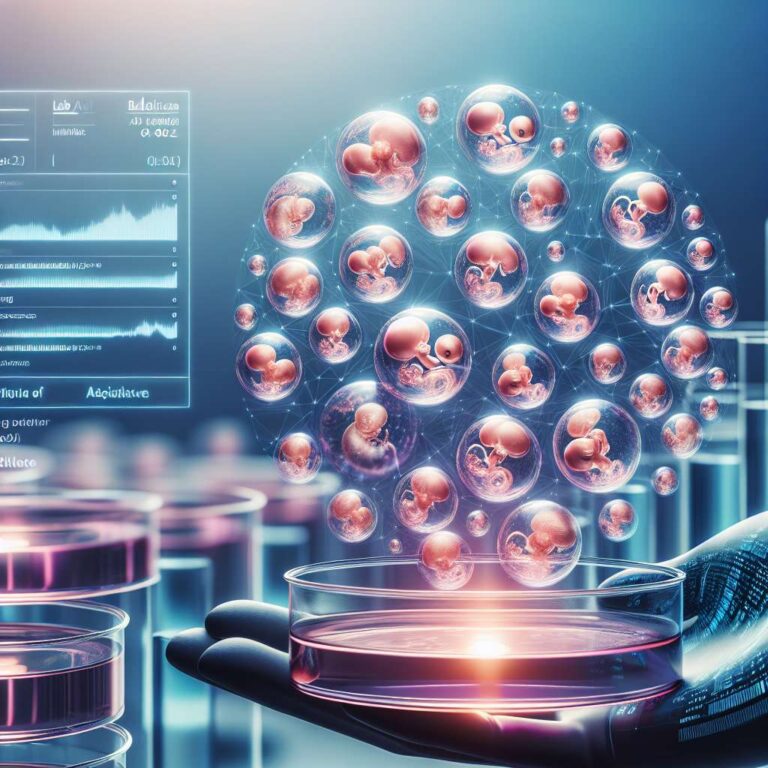Embryologists oversee embryo development in in vitro fertilization, prepare transfers, and maintain lab conditions, but rising demand has pushed clinics to their limits. The United States faces a shortage of embryologists and genetic counselors, intensifying pressure on labs to process more cases without compromising outcomes. Klaus Wiemer, an IVF lab director and veteran embryologist, argues that Artificial Intelligence can help by predicting embryo health in real time and boosting productivity.
Wiemer serves as chief scientific officer and head of clinical affairs at Fairtility, whose algorithm, CHLOE, short for Cultivating Human Life through Optimal Embryos, has been trained on millions of embryo data points and outcomes. The system evaluates embryos against optimal characteristics throughout development, producing an Artificial Intelligence score that reflects how well each embryo has progressed and whether it has the components needed for healthy implantation. According to the company, CHLOE can quickly identify embryos with the highest potential for successful implantation, which could improve time to pregnancy and live births. While its effectiveness has only been tested retrospectively so far, CHLOE is described as the first and only FDA-approved Artificial Intelligence tool for embryo assessment.
Current practice often relies on biopsying embryos for external genetic testing, a process that can take up to two weeks and add thousands of dollars to treatment. Genetic screening primarily confirms chromosome counts, which does not fully capture overall embryo health. Wiemer highlights that embryo development yields millions of measurable data points, from cell division patterns to inner cell mass size and trophectoderm contractions. He contends that automatic, continuous assessments could reduce the transfer of abnormal embryos without requiring invasive biopsies.
Beyond selection, Wiemer says Artificial Intelligence could help rebalance embryologists’ workloads. He estimates that 40 percent of their time goes to non-embryology tasks, and positions CHLOE as a virtual lab assistant that supports selection, monitors lab conditions, and automates reporting for patients and clinical staff. He argues that freeing time to study development data and focus on embryo health would let practitioners return to core scientific work, and that insights now available in the lab were out of reach only a few years ago.

